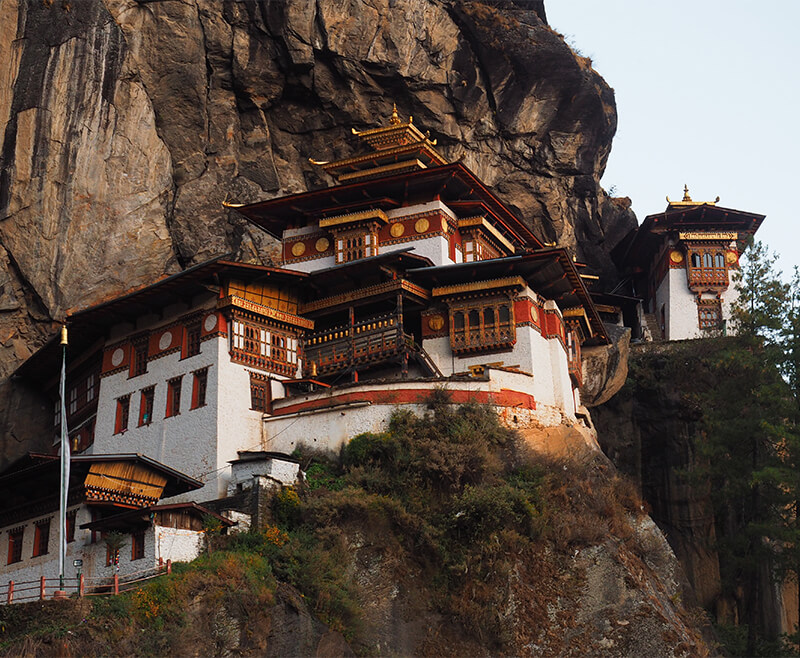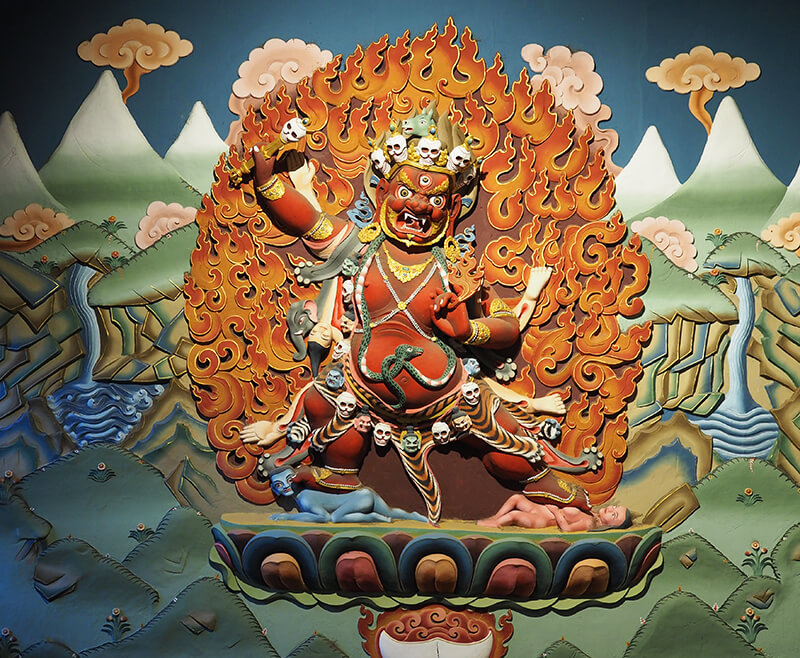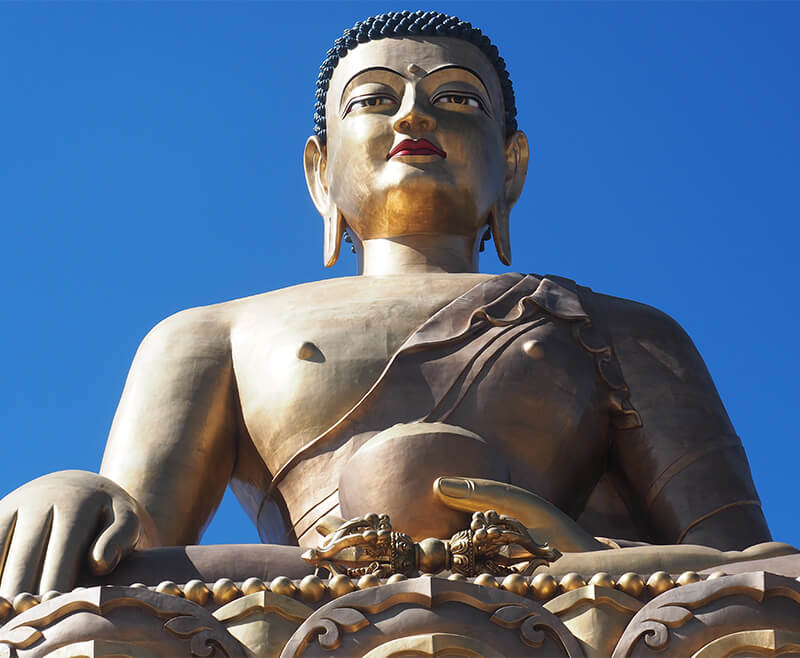Happiness lessons from Bhutan
Bhutan is a very special place. I think it’s the country which could have the highest impact on your happiness level, if you are open to it. Here the spirituality is everywhere. Bhutan is calming you, slowing you down. It makes you feel happy and blessed. You feel thankful for all moments in your life. It‘s definitely a country to visit and revisit, not only for the beautiful temples and amazing nature but also (and more importantly) for this spiritual, spellbinding touch.
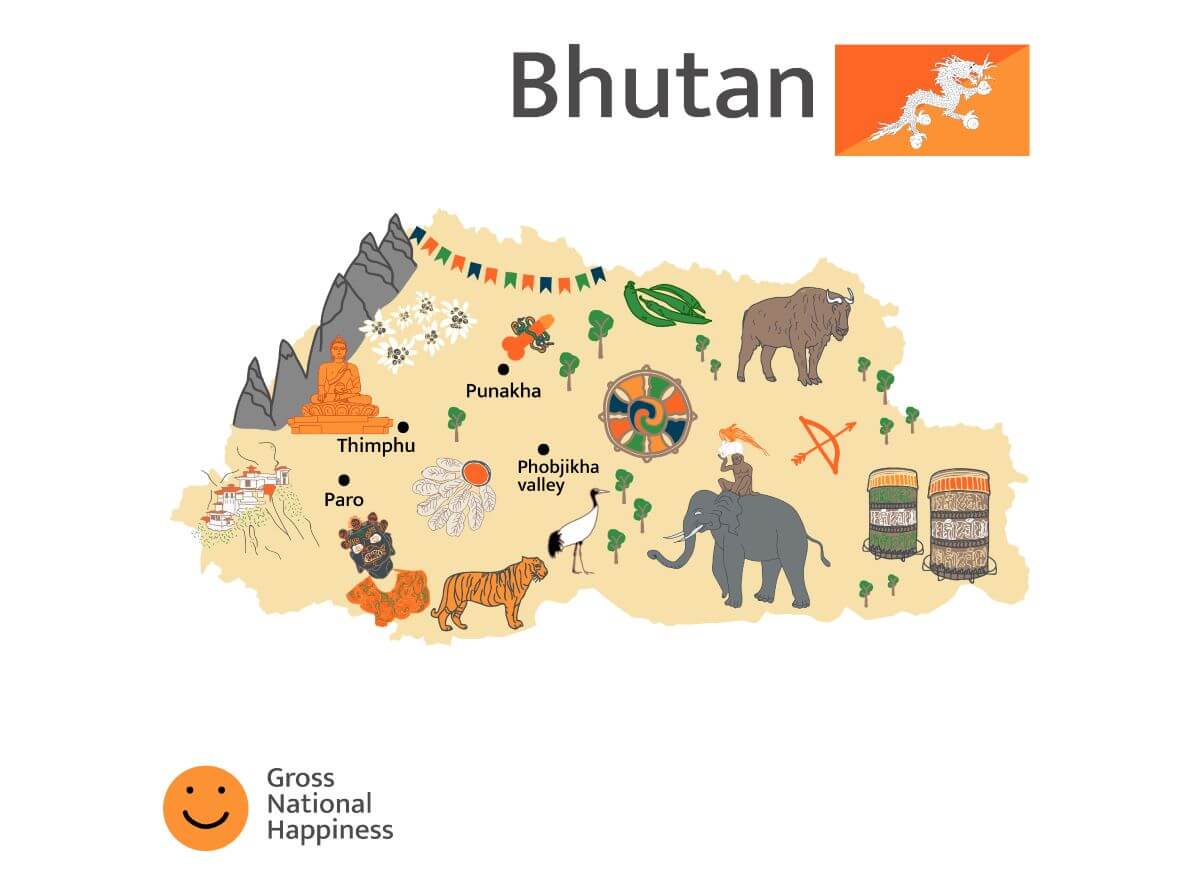
In 1972, the Fourth Dragon King of Bhutan, Jigme Singye Wangchuck, made a revolutionary statement: “Gross National Happiness is more important than Gross National Product.” This was a completely new way to measure a nation’s well-being. The Bhutanese government believes that the Gross National Happiness (GNH) index more accurately and profoundly reports the overall well-being of the nation than other methods. It also gives food for thought to leaders of many other nations. In 2011, the Secretary General of the United Nations urged other UN member nations to follow the example of Bhutan and measure the happiness and well-being of their nations.
How does Bhutan measure this happiness? It does it with the help of the Gross National Happiness Index. The index includes nine domains:
Many of these domains are unique to a Buddhist world view and would not be present in Western calculations. In 2015 it found that 91.2% of the nation’s citizens were either deeply, extensively or marginally happy. You can learn more about this index and its development in Bhutan here: http://www.grossnationalhappiness.com/
But this happiness focus is not something new for Bhutan. Since its foundation, spirituality and compassion have been integrated with governance. Bhutan has a long tradition of promoting happiness, well-being and the importance of karma (Bhutan is a very Buddhist country, but I found that the Buddhism there is different from that in Nepal or Thailand. Somehow it’s more kind, more fairytale like, more compassionate).
Following this Happiness focus and the main pillars of it as listed above, Bhutan made healthcare and education free for everyone. It is also the only country from developing nations which puts the emphasis on care of the environment, sustainability, and protecting its natural beauty. It’s one of the reasons why Bhutan follows “high value, low impact tourism” (only people who pay USD 250+ per day can visit this country). Government also promotes healthy and local food, aiming to have an “organic 2020”. It forbids tobacco and even sweets (there are no desserts in Bhutan).
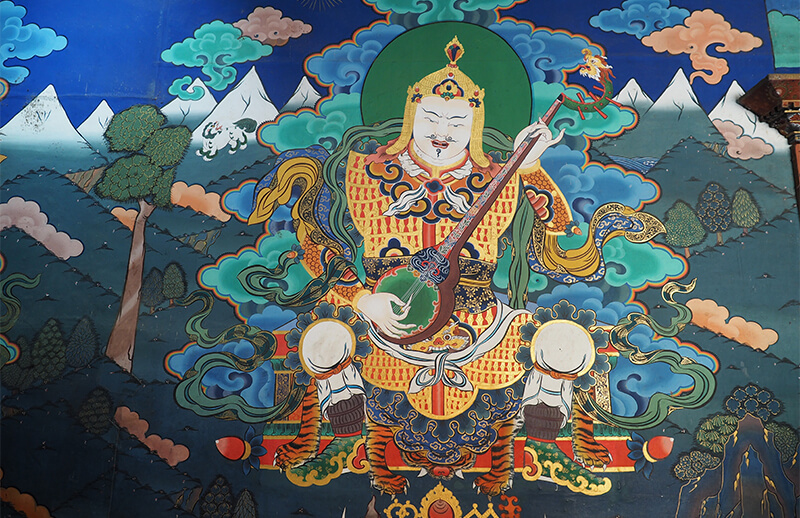
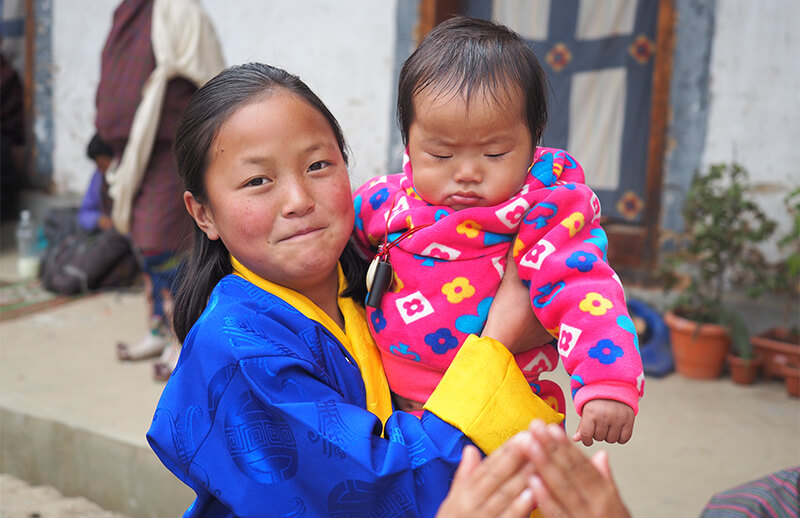
So what are the main happiness lessons that we can learn from Bhutan:
1. Overall rule: Be more relaxed about life, enjoy it, be nice to everyone – and dance! The dance part is very important. Everybody dances all the time in Bhutan, even kings mix with the ordinary people and dance!
2. Have a mentor/teacher (not only in work relations but also in life) – “Nobody can obtain enlightenment without a good teacher”.
3. Don’t just document things (Instagram, blog, photos) – experience it. Live in the present moment.
4. Believe in fairy tales, in magic. Be a little naïve, like a child. There are so many fairy tales in Bhutan and people truly believe in things like dragons, flying tigers, etc. It’s amazing when you hear a grown-up man telling you a story about dragons with a serious face.
5. Be more compassionate
6. Respect and love nature. Bhutanese people believe that all animals are their brothers and sisters; children or parents in another lifetime, so you need to take care of them.
7. Prioritise happiness over money Choose joyful experiences over buying and accumulating even more “stuff” which you don’t need anyway.
8. Remember there is no way to happiness; happiness is the way.
I really like some of the quotes on mindfulness, compassion and happiness which I learnt during my trip to Bhutan. Some are taken from the books I read and some from the people I met. People in Bhutan really live by these rules:
Bhutan is a very special and magical place, but you need to be open for it. You need to be receptive to all these fairy tales, beliefs and values. If you are, I can promise you, you will leave Bhutan changed for the better: calmer, more spiritual, more compassionate, and more loving, I guess.
22.11.2019

